Immediately, the Plant Protection Department, Ministry of Agriculture and Rural Development issued an official dispatch requesting relevant enterprises to trace the warned shipments; review all records, production, collection and export processes; take corrective actions and apply preventive measures to avoid recurrence of violations. The Department also requested localities to monitor enterprises to trace the warned shipments, investigate the causes and corrective measures of the enterprises, and review food safety conditions at the units with the warned shipments.
This is not the first time that Vietnamese fruits have been warned by China. Last year, a number of shipments of bananas, jackfruit, mangoes, longans, dragon fruits and durians also failed to comply with China’s quarantine requirements. Such developments are extremely worrying in the context that China is a large and potential market for Vietnamese goods exports, especially agricultural products.
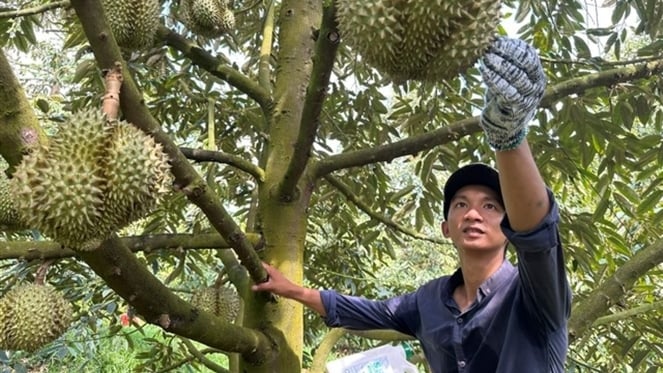
According to data from China Customs, in 2023, the country of one billion people spent more than 24 billion USD to import vegetables, fruits and processed products to meet domestic consumption needs. Notably, in 2023, Vietnam surpassed Chile to take second place in exporting vegetables, fruits and processed products to this country with a turnover of 3.4 billion USD. Vietnam's market share in the Chinese market nearly doubled from 8% in 2022 to 14% in 2023. Meanwhile, Thailand maintained its leading position with a turnover of 8.6 billion USD, accounting for 36% of the market share - down nearly 2 percentage points compared to the same period in 2022.
The rapid progress in fruit and vegetable exports to the Chinese market is due to the efforts of the authorities in recent times to open the market by promoting the signing of phytosanitary protocols with China. For example, fresh durian from Vietnam has been licensed for official export to the Chinese market since July 2022. In 2023, China imported nearly 493,000 tons of Vietnamese durian, worth 2.1 billion USD, up 1,107% in volume and 1,035.8% in value compared to 2022.
Obviously, the Chinese market is very important in the consumption of Vietnamese agricultural products. Bringing agricultural products here through official channels is a fundamental solution to consume our country's agricultural products. And if we are lax in management, inspection, and supervision in growing areas and packaging facilities, leading to an increase in the number of shipments violating plant quarantine regulations, we may face the risk of losing this very important traditional market.
Here, the role of the locality is very important. Because, currently, the management and issuance of codes for growing areas and packaging facilities for agricultural products for export has been standardized and strongly decentralized to the locality. The local specialized agency for plant protection and quarantine is the place to implement and take full responsibility for the establishment, actual inspection, completion of records, issuance of codes and ensuring the maintenance of technical conditions for the issued codes for growing areas and packaging facilities.
Therefore, localities must allocate sufficient resources to inspect and monitor the growing areas and packaging facilities that have been granted codes to ensure compliance with regulations and avoid the risk of being subject to strict control measures from China. Opening the market is difficult, maintaining the market is even more difficult, but it is a must to have a sustainable output for agricultural products in general and vegetables and fruits in particular.
Source



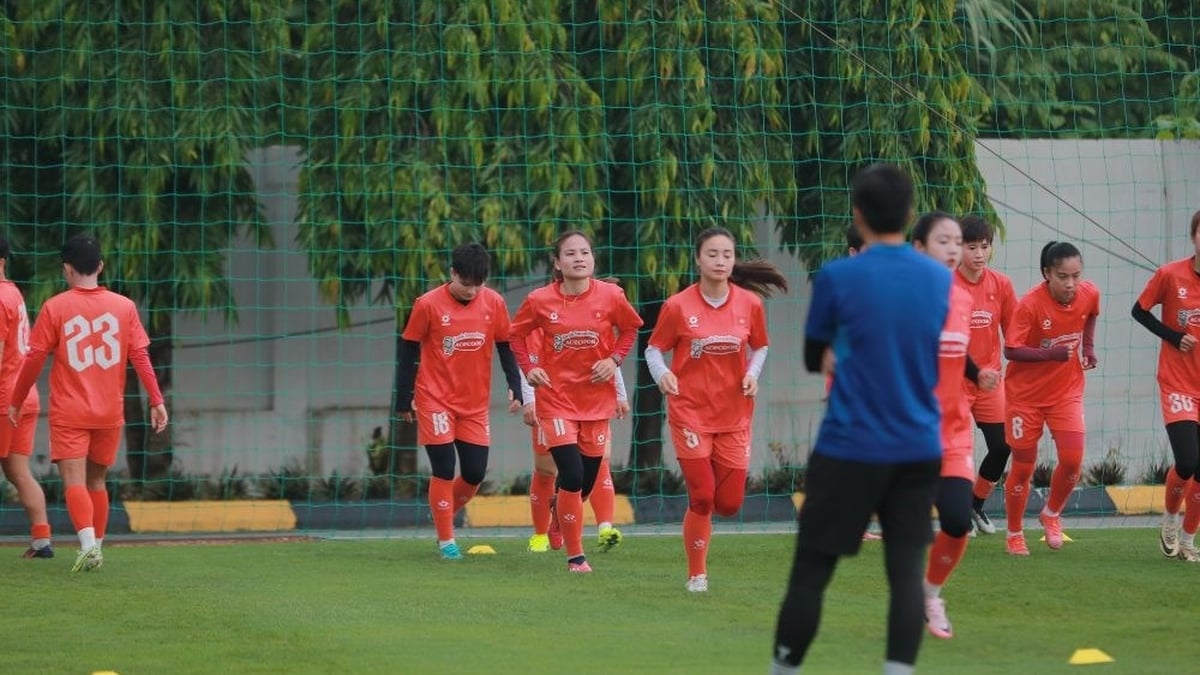






















































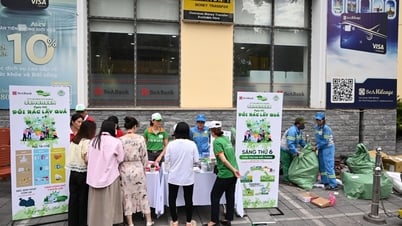





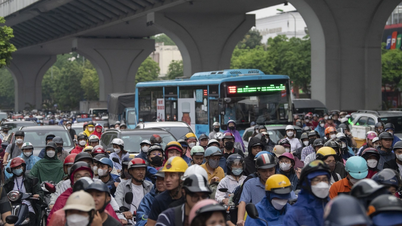

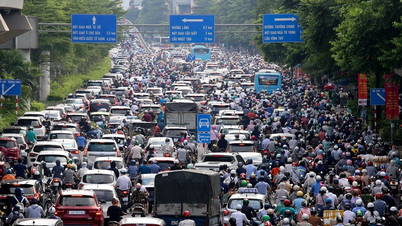


































Comment (0)